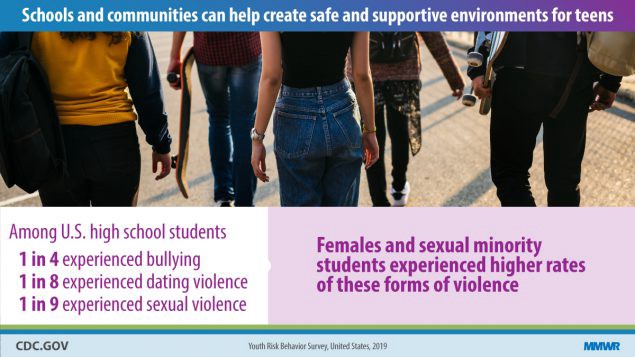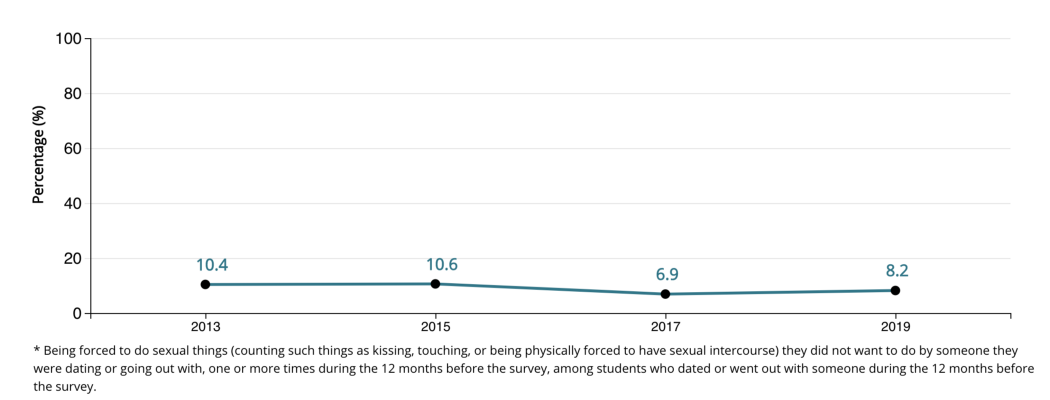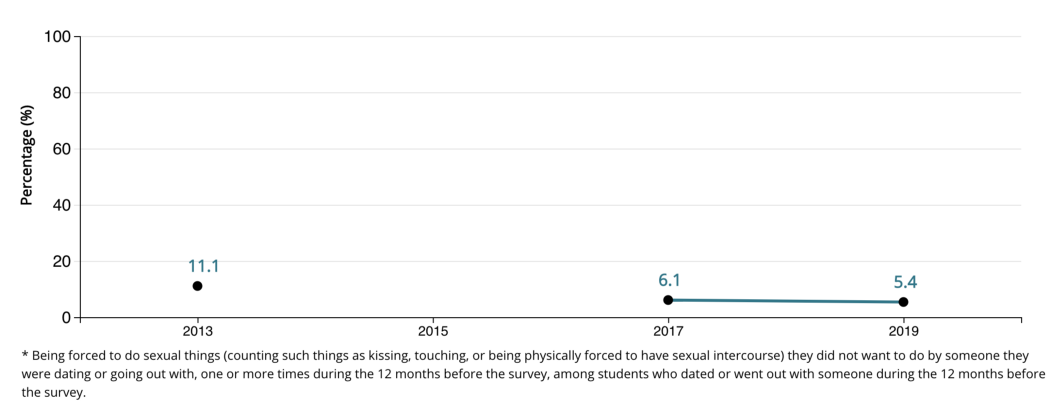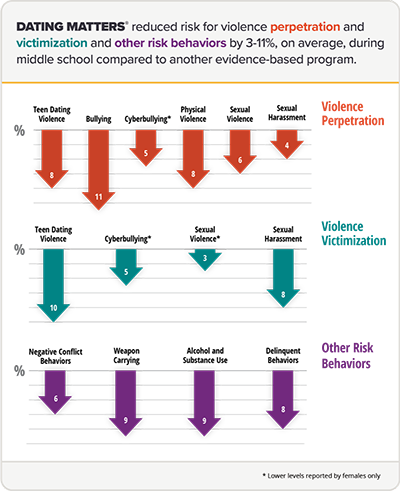Teen Dating Violence Is a Problem, but Texas Governor Vetos Bill to Stop It
Bipartisan legislation addressing adolescent abuse did not make it past the Governor’s desk.
Christine Blubaugh was a 16-year-old South Grand Prairie High School tennis star and an active member in her Church of Jesus Christ of Latter-Day Saints. On March 25th, 2000, she was brutally murdered by her abusive boyfriend.
The memory of this tragic loss of life haunted Assistant Police Chief Ronnie Morris for the last two decades. Morris decided to use his expertise in criminal justice to do something about the teen dating violence problem.
Morris worked with Dallas Democratic Sen. Royce West to craft legislation called The Christine Blubaugh Act. This bill required Texas students to receive four to six hours of education about dating violence in junior high and high school.
Both Republicans and Democrats supported the efforts to protect Texas children and increase awareness of dating violence. The Christine Blubaugh Act, Senate Bill 1109, coasted through Congress passing with bipartisan support.
Unfortunately, this bipartisan bill designed to help prevent teen dating violence did not make it past Governor Abbott’s desk.
In his official veto, Governor Abbott stated that the bill “fails to recognize the right of parents to opt their children out of the instruction.”
The Christine Blubaugh Act, Senate Bill 1109, was titled, “Relating to requiring public schools to provide instruction and materials and adopt policies relating to the prevention of child abuse, family violence, and dating violence.”
A bipartisan group of Texas legislators sponsored the bill.
- Senator Royce West, Democrat District 23, Dallas
- Representative Rafael Anchia, Democrat District 103, Dallas
- Senator Carol Alvarado, Democrat District 6, Houston
- Senator Kelly Hancock, Republican District 9, Fort Worth
- Senator José Menéndez, Democrat, Distric 23, San Antonio
- Senator Charles Perry, Republican, District 28, South Texas

Photo CDC Youth Risk Behavior Surveillance Survey
How big a problem is teen dating violence?
As an Obstetrician-Gynecologist in Irving, Texas, I often see victims of unhealthy relationships and dating violence. For 22 years, I have worked with teenagers and the local school districts to help empower young women.
There is scientific data to support my anecdotal experience. The Center for Disease Control and Prevention tracks intimate partner and sexual violence in the Youth Risk Behavior Survey. Data shows:
- Nearly 1 in 11 female and approximately 1 in 14 male high school students report having experienced physical dating violence in the last year.
- About 1 in 8 female and 1 in 26 male high school students report having experienced sexual dating violence in the last year.
- 26% of women and 15% of men experienced sexual violence, physical violence, or stalking by an intimate partner before age 18.
Dating violence can take many forms. In my experience, some patients recognize when they are in an abusive situation, but many fail to see the red flags until it is too late.
Abuse may occur in person, but many teens find themselves in dangerous situations online and through social media platforms like Snapchat. For example, the 2019 YRBSS shows 14% of teens have sent nude photos through sexting. These photos can be shared across the internet.
CDC categorizes dating violence into four categories:
- Physical violence
- Sexual violence
- Psychological aggression
- Stalking
The Center for Disease Control and Prevention tracks data regarding adolescent health risks through school-based surveys. This data set, the Youth Risk Behavior Surveillance Survey, contains national analytics and local data.
The data shows 8.2% of US high school students experienced sexual dating violence.

US High School students who experienced sexual dating violence. CDC Youth Risk Surveillance Study
Dating violence is trending downward in Texas, but 5.4% of teens report sexual dating violence.

US High School students who experienced sexual dating violence. CDC Youth Risk Surveillance Study
The Christine Blubaugh Act SB 1109 asks school districts to educate students about warning signs of dating violence. Students would have learned how common it is and what to do if they are victims of physical or sexual abuse.
Published evidence from the Center for Disease Control and Prevention demonstrates that intervention and education starting in middle school can reduce the incidence of dating violence.
The CDC tested a project called Dating Matters in school districts in Baltimore, Chicago, Oakland, and Ft. Lauderdale.
Students in grades 6–8 performed an annual survey to track the impact of the Dating Matters program.
The data shows a middle school educational program can have a dramatic impact on students. The students reported lower levels of dating violence and victimization.

CDC Violence Prevention Dating Matters Program
The CDC data also showed the junior high students participating in Dating Matters reported a lower level of other at-risk behaviors such as:
- Bullying
- Cyberbullying
- Physical violence perpetration
- Weapon carrying
- Alcohol and substance use
- Delinquency
- Sexual violence perpetration and sexual violence victimization (females only), and
- Sexual harassment within and outside of dating relationship
The Christine Blubaugh Act, Senate Bill 1109, did not mandate Texas to use the CDC Dating Matters program. Still, this scientific evidence demonstrates how early intervention and education can impact student outcomes.
Governor Abbott vetoed the bill because it lacked an option for parents to opt their children out of learning about healthy relationships, abuse, and violence.
But all young people deserve the chance to learn the red flags of unhealthy relationships. In my experience in my medical practice, unhealthy relationships, physical violence, and sexual violence transcend religious, socioeconomic, and racial disparities. We screen every patient for signs of abuse.
Increasing public awareness of the prevalence of dating violence can help protect young people from becoming future victims.
After her abusive boyfriend murdered Christine Blubaugh, South Grand Prairie High School named a tennis tournament in her honor. Texas could have honored her memory through The Christine Blubaugh Act.
This bipartisan public health education program could have saved lives and prevented future tragedies.
Thank you to BeingWell for publishing this article on Medium.
Blog Author: Dr. Jeff Livingston
Main Blog Photo By: Ridofranz Istock/ Getty Images













